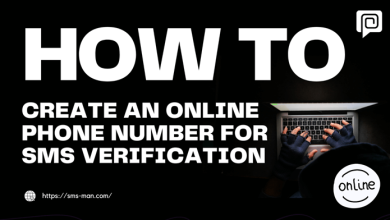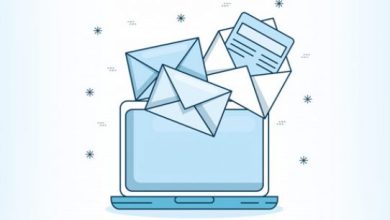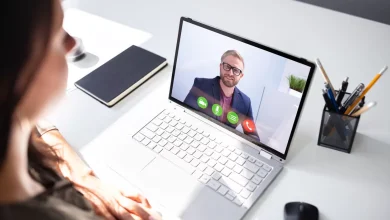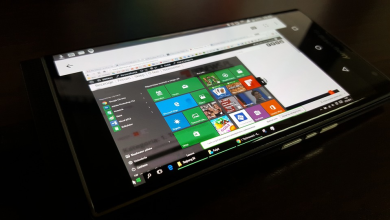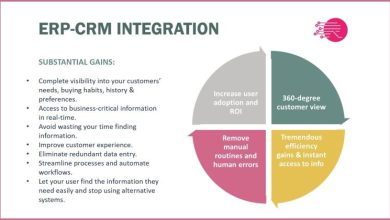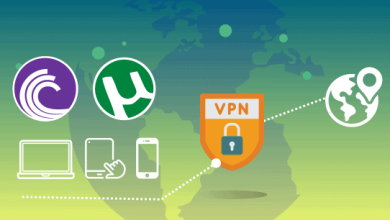Cybersecurity Tips for your Home Devices
Several warnings have been given to remote employees who do most of their jobs on their home devices. Even though cybersecurity measures are critical for remote workers, they’re equally important for people using their smartphones and PCs for leisure.
Hackers are constantly trying to get an idea of your information. This includes your browsing activity, internet banking, sports bookmaker to check NBA odds, and even social media chats with your buddies.
With a few simple steps, you’d be able to strengthen the cybersecurity of your home devices. They’re essential for anyone who doesn’t want to fall victim to fraud or successful cyber-attacks.
Top Internet Security Tips while Browsing at Home
Here are some best internet security tips:
- Utilize Long Passwords
A big chunk of people likes to keep their passwords as short as possible so they’d be able to recall them. Even though most people don’t think about it, passwords are some of the easiest ways that hackers can use to penetrate the security of your systems.
Also, short passwords are the easiest to guess. Suppose your password is both short and personal, like your pet’s or relative’s names. In that case, any amateur hacker can easily get your password.
If you want to create a password, you need to use passcodes that contain lower case and upper case letters with a mix of symbols and numbers. For instance, creating a password for an online account like your BetUS account should be like TYkik22ed@!o. As a rule, avoid writing down your passwords on pieces of paper.
- Unique Passwords for Various Accounts
Avoid using the same password across many accounts. When you use a unique password for a different account, it becomes tough for a hacker to penetrate your online account.
Internet users that stick to the same password put themselves out there for hacking. For instance, imagine that you’re a hacker and you get the password to someone’s account. You’d try the same password on other accounts to get more information and gain access to the person.
You can create unique passwords with password management tools. A good practice is to change all your passwords within three months to keep your accounts secure.
- Refrain from Sharing Sensitive Information on Social Media
For the new generation of internet users, this is a hard one. Almost everyone is compelled to take to social media the instant something new happens.
For instance, if you go on vacation and post about it, it might seem harmless to you. To a malicious person on your contact list, it could provide the perfect opportunity to burgle your home.
First, you need to make your social media accounts private so that they can be viewed only by people you trust. Second, you need to avoid friend requests from people you don’t know. If you’re getting a new friend request from someone who’s already your friend, double-check with the person to make sure the account isn’t cloned.
Even if a friend whose profile you’ve verified messages you for money or help, call the person to ensure that it’s them. Social media accounts get hacked all the time, and hackers use this as an avenue to get information or money out of a person.
- Utilize Antivirus Software
Antivirus software is needed across your devices, including smartphones and tablets. Malware and viruses can get into your system, and an antivirus program is what can stop them.
One of the best ways to relieve pressure on your antivirus software checks is to update your software frequently. Obsolete software contains various loopholes, allowing them to get exploited by hackers.
Conclusion
Remote employees and other internet users alike need to secure their devices at home. This prevents hackers from stealing money and data from them. To improve your cybersecurity measures, use unique passwords, utilize antivirus programs, and keep sensitive information out of social media.
